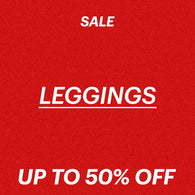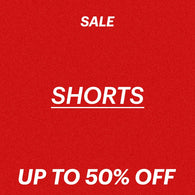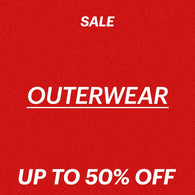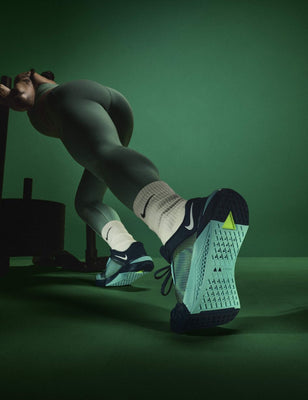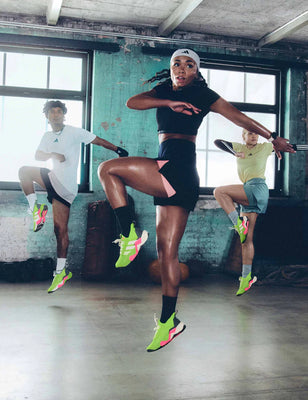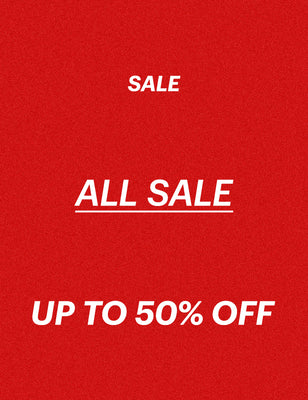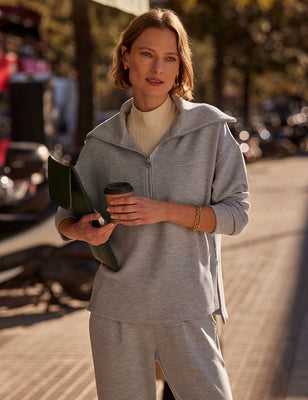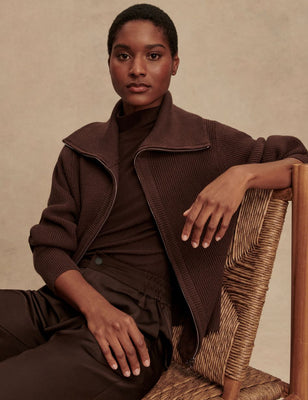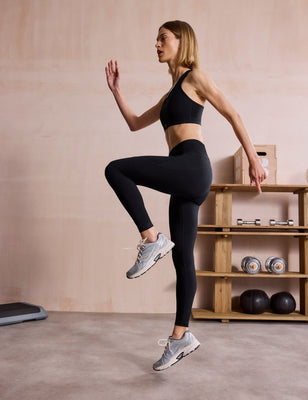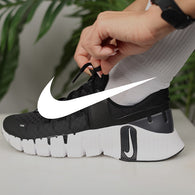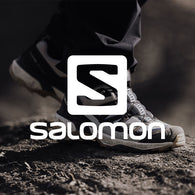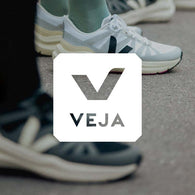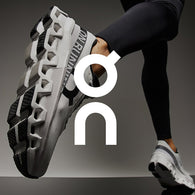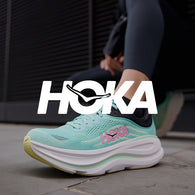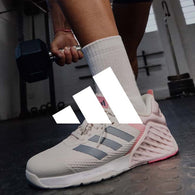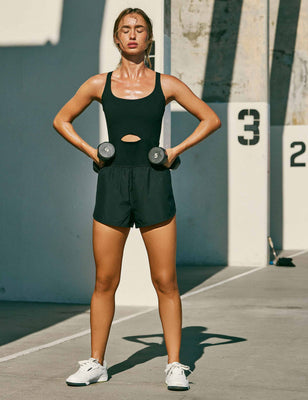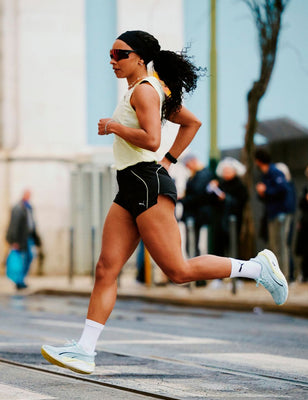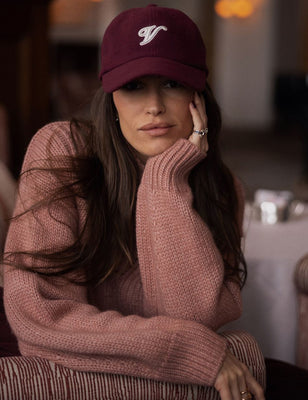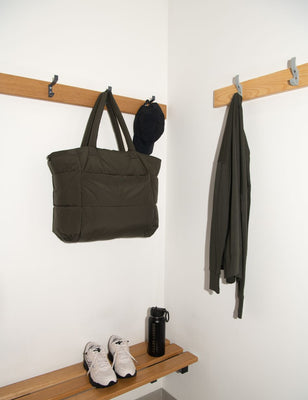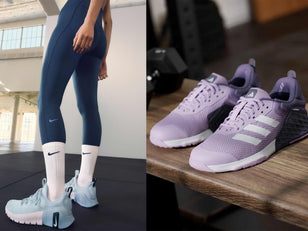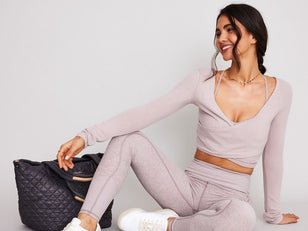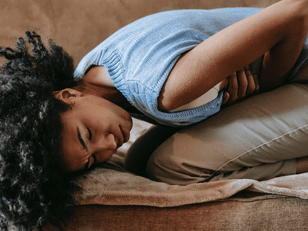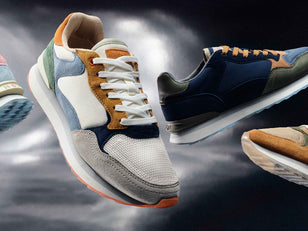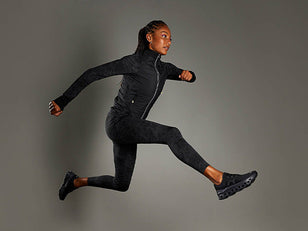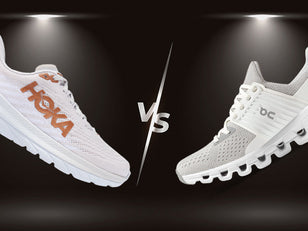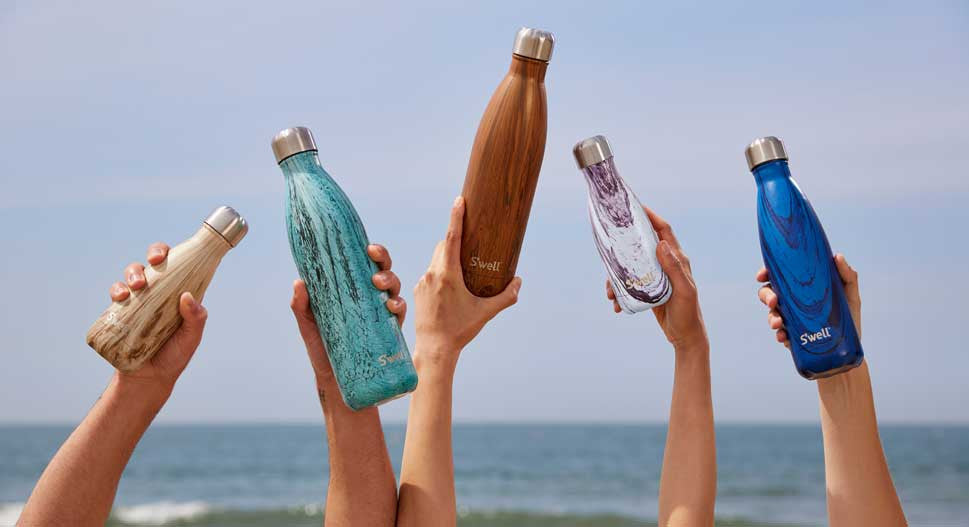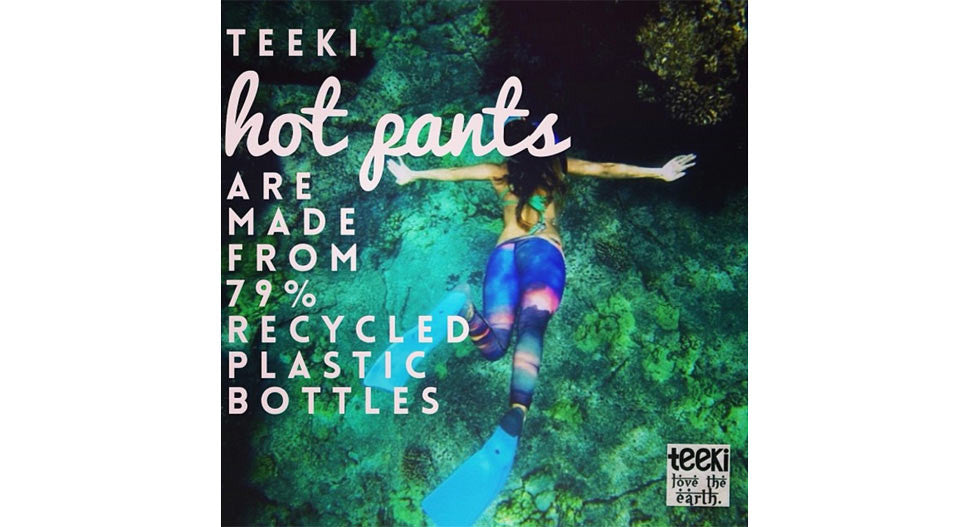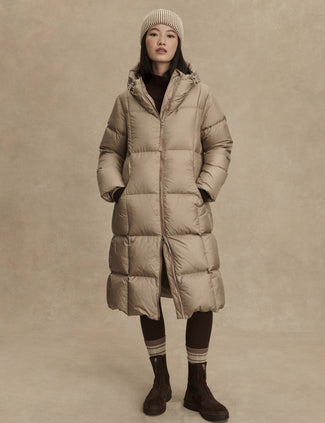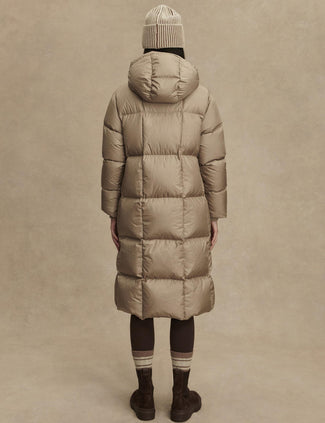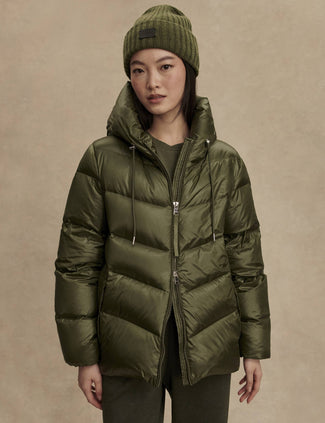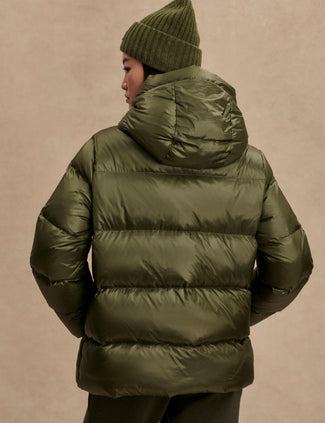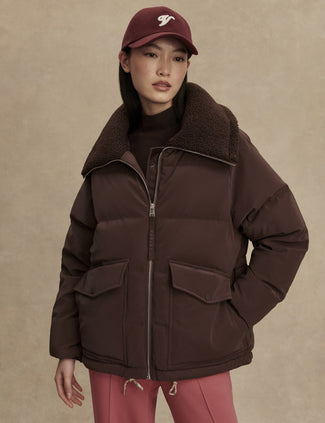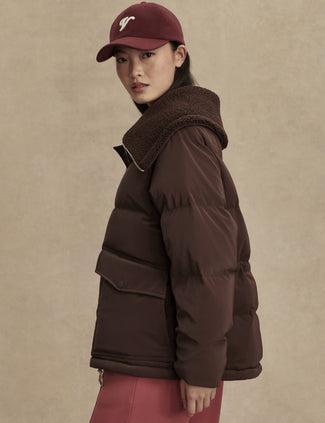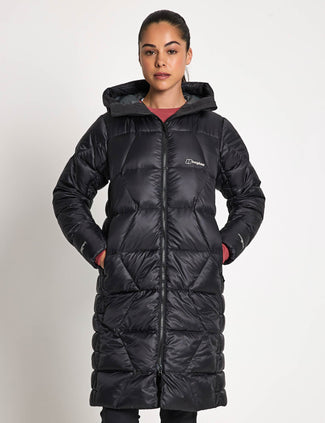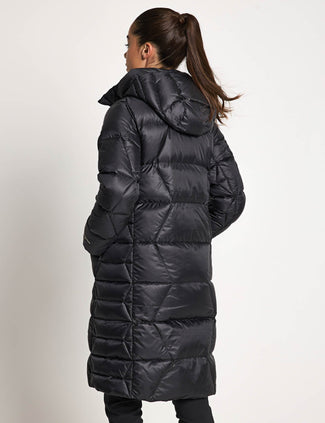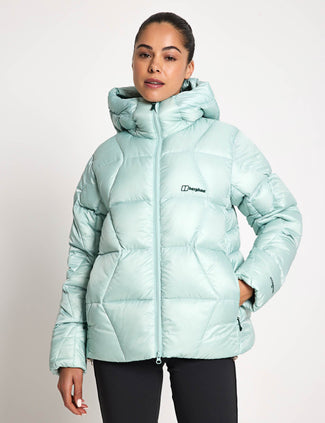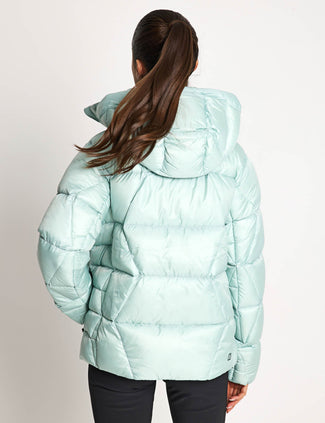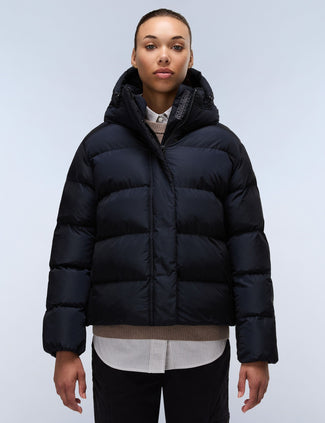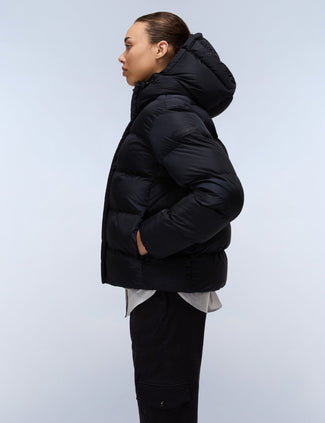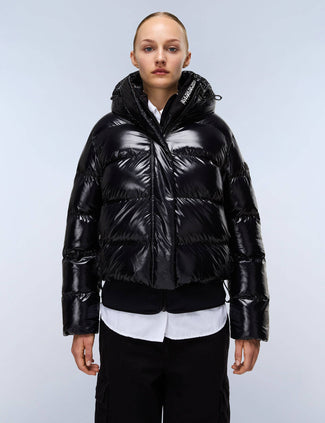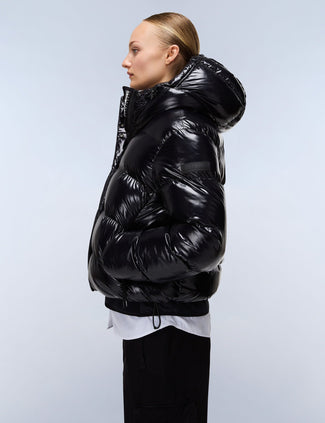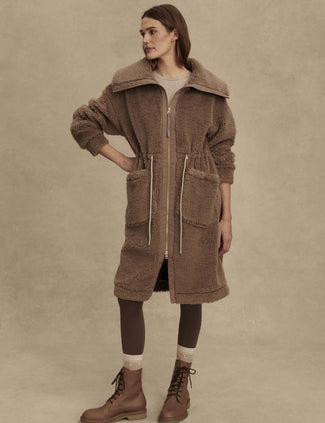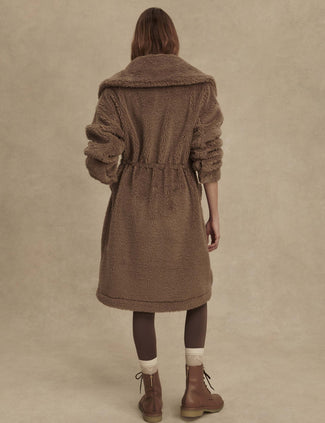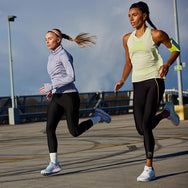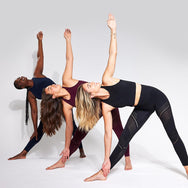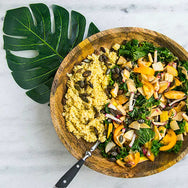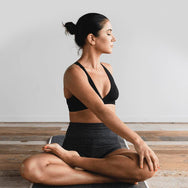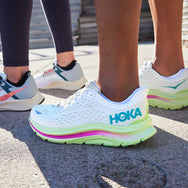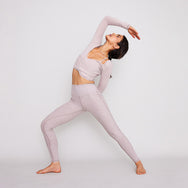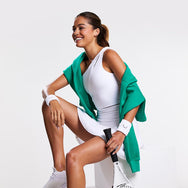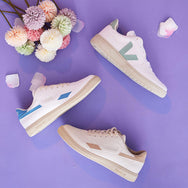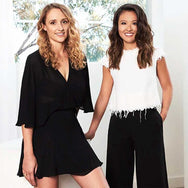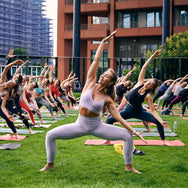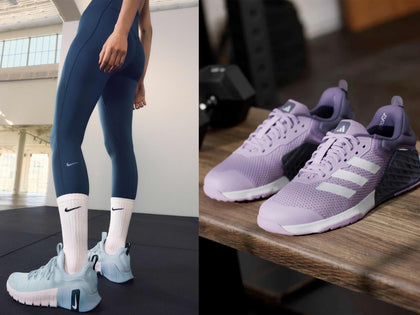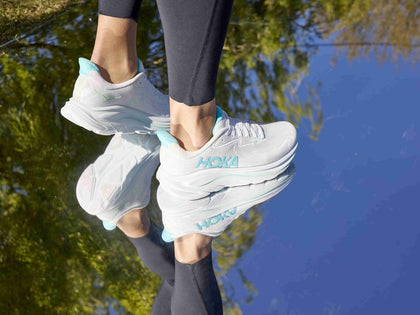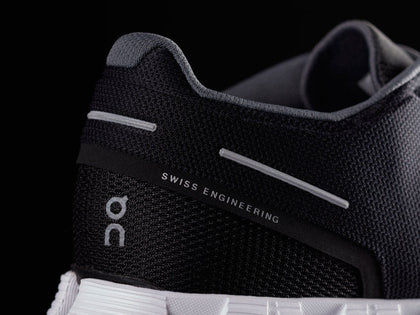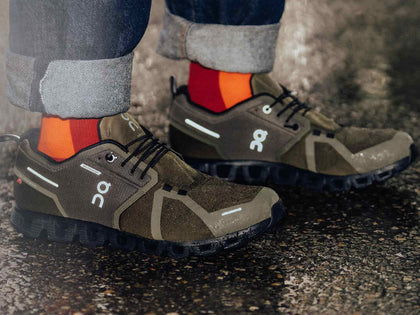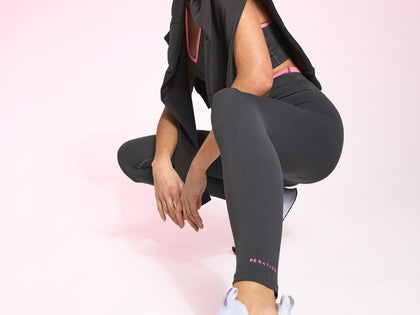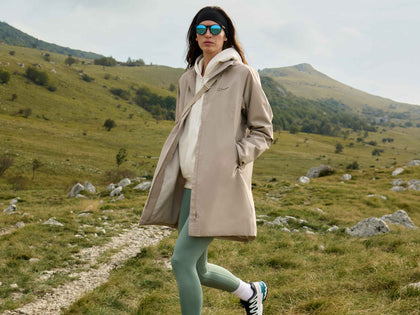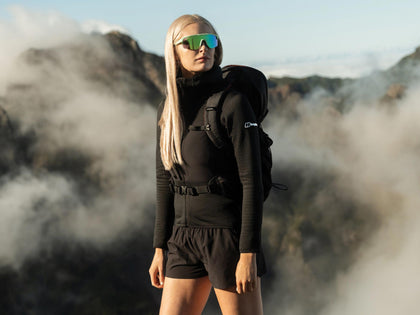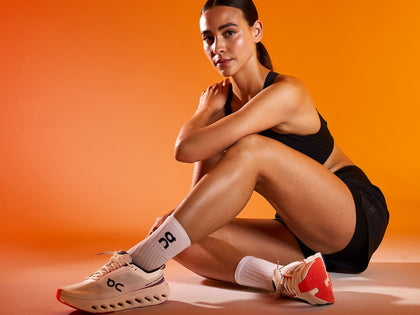Words by Nick Paulson-Ellis
One of the major themes of Earth Day 2017 is the blight of plastic in our oceans. 245 million tonnes of plastic is produced each year, with only around 10% of it properly recycled. The worst culprit is single-use plastic PET (polyethylene terephthalate) bottles, most commonly used for water and soft drinks. 50 billion plastic water bottles are used each year in the US alone.
Too few are being recycled, and too many are ending up in the ocean, with an estimated five trillion pieces of plastic in our oceans today.
We take a look at how this problem has got completely out of control, the changes in all our behaviour required, and the steps that three of the brands we work with; S’well, adidas and Teeki are taking to make our oceans a little less plastic.
OUR PLASTIC OCEANS
Mankind is pouring a truckload of plastic into the ocean every single minute, killing hundreds of thousands of sea creatures annually, and causing chemicals and small fragments to enter our food chain. Plastic bottles and bottle tops makes up the second largest category of plastic packaging, and these bottles are arguably the worst culprits in the damage to our oceans. In Britain alone we use 35 million plastic bottles a day, nearly half of which will not be recycled. In March Greenpeace published a survey showing that the top six global soft drinks companies sell 2.16 million tonnes of plastic bottles a year, and this excludes Coca-Cola who would not provide the data.
A single soft drink bottle in the ocean can take hundred of years to degrade entirely. None of the companies have targets or published commitments to reduce the amount of plastic they use, and overall the percentage of refillable bottles they are using has decreased, replaced with more single use plastic.
Greenpeace highlights three main steps to reduce the use of single-use plastic bottles;
- Reduce & Reuse – reusable packaging and a distribution chain that supports reuse rather than just single use
- Recycle – make packaging from 100% post consumer recycled product
- Disclose volume, reuse and recycling of plastic
THE ONUS IS ON CONSUMERS
The onus will end up on us as consumers to change our behaviours; to think carefully about how we consume and dispose of plastic bottles; to demand more from soft drinks companies; and by celebrating those companies that that are embracing environmentally friendly innovative products.
To that end three companies we work with, S’well, adidas and Teeki, stand out for coming up with outstanding products that tackle the ocean plastic problem in their own different, yet innovative ways.
S’WELL: On a mission to rid the world of plastic water bottles
Sarah Kauss founded S’well in her New York flat in 2010, with the audacious goal of ridding the world of plastic water bottles. Her idea being that if you make reusable water bottles eco-friendly and BPA free, but also crave-worthy, combining style and function, then people are far more likely to make them part of their every day life, and will stop needing or buying so many single-use bottles.
Seven years on she has created a veritable water bottle phenomenon, and S’well is the fastest growing woman-owned company in the US.
In the run up to Earth Day, we caught up with Sarah Kauss, Founder & CEO, to learn more about her mission on launching S’well water bottles and what they’ve achieved since.
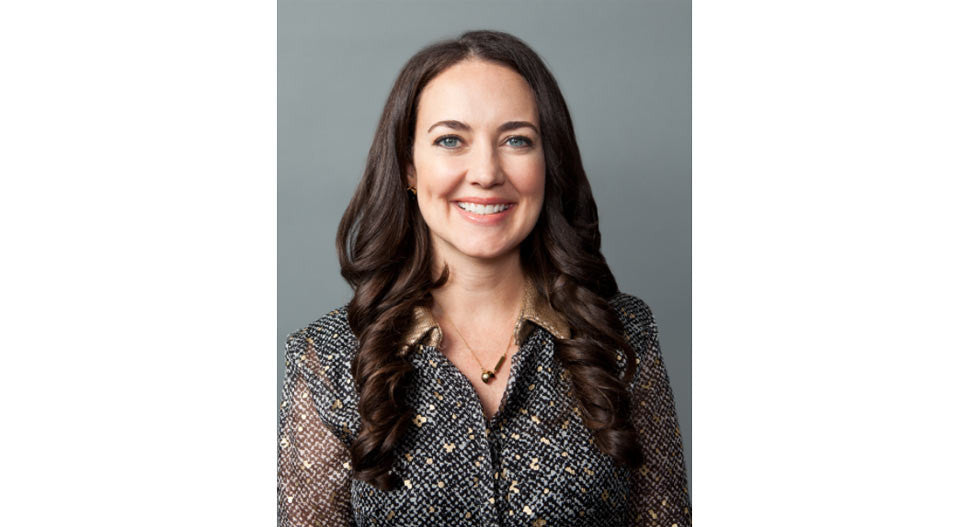
In March 2017, Greenpeace published a survey highlighting that single use plastic bottles are causing the greatest harm to our oceans, with less than half of bottles sold ever being recycled. Tell us a bit about your mission to tackle this problem by launching S’well?
"The fact that so many single-use bottles are used and not recycled is alarming. And it is that alarm and a general awareness about the use of plastic from my university days that set me down the path I'm on today.
I started carrying a reusable bottle in college -- one of those metal, camping ones. For years it served its purpose -- to keep me hydrated while not having to use plastic bottles. But after a while, it just didn't match my work style. I needed something that looked better and could do more, while helping me accomplish my personal goal to use less single-use plastic. And I assumed if I needed it, maybe others did, too.
Luckily, my assumption was right. We've now been helping people use less plastic for seven years!"
People lead busy lives, and use plastic bottles for convenience. Any tips on eliminating them from our daily lives, and how reusable bottles fit in?
"Minimizing plastic bottle use really comes down to assessing your current habits and coming up with simple steps you can take to create new ones. Oftentimes, when people purchase bottled water, it's because they realize they are thirsty while on the go. Having a drink before you leave the house or carrying a reusable bottle with you throughout the day filled with your favorite beverage can help you avoid using plastic out of convenience. You're able to get ahead of those thirsty moments and stick to your goal to use less plastic."
Obviously people can fill their S’well with water, but do you have any thoughts on how the distribution chain of drinks companies needs to change to make drink alternatives available to consumers with reusable bottles?
"The future is going to come down to these companies reimagining how people drink, even if that means falling back on a bygone era when you didn't buy everything prepackaged. A time when you had to steep and stir, not just buy and twist.
Consumers are hungry for sustainability, and want to interact with brands that look out for the environment."
S’well is fast making a mark with its fashion-forward water bottles, but people are perhaps less aware about your environmental side. Could you tell us a bit more about some of your specific initiatives and how you see these evolving?
"At S'well, we want to be a part of a positive and beautiful solution by providing consumers with an alternative to using plastic bottles. We like to think that it's Earth Day, every day for us.
But you're right, that's not all we do.
Today, some of our environmentally-focused partnerships include UNICEF, where we are helping 500,000 people in Madagascar gain access to clean water by 2019. This program is so exciting because it has the power to help individuals reach their full potential. Children will be able to stay in school longer and mothers will be able to find vocations outside of the home, all because of education around and access to clean water.
Another partner is American Forests where we've helped plant more than 500,000 trees across the U.S. What's fascinating about this program is how integral trees are to water quality. More than half of drinking water in the U.S., for example, originates in forests. And one tree can filter 35,600 gallons of water per year!
When you hear figures and stats like these, you can't help but want to get involved. And that's what we do. It's important to me that we understand where the need is and do what we can to help fulfill it.
This year, we're working to share more about our mission in the hopes of inspiring more people to get involved. Not just today, but every day."
ADIDAS x PARLEY
Whilst S’well is focussed on keeping plastic bottles out of the ocean, adidas made a potentially game-changing move towards eco-innovation in sportswear by releasing the UltraBOOST Uncaged Parley in November 2016.
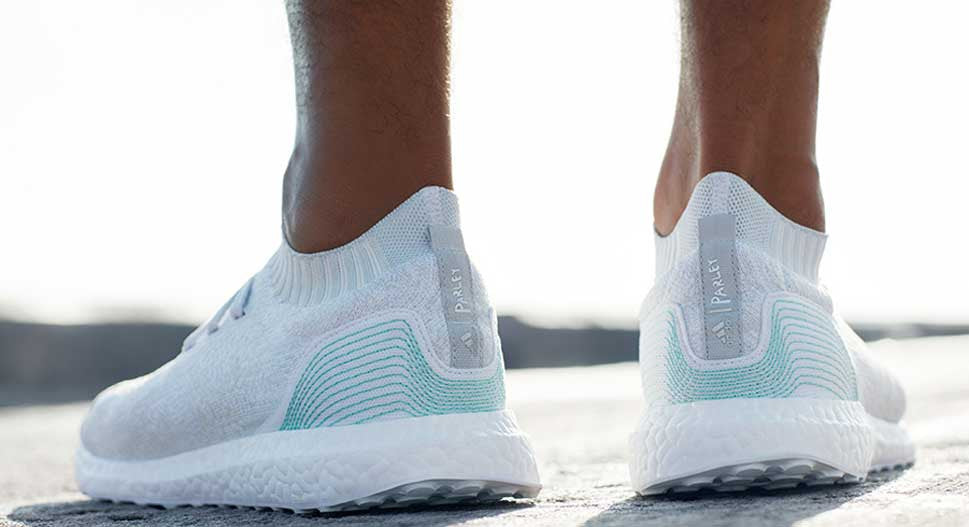
Featuring a Primeknit upper made from 95% plastic waste retrieved by Parley in the Maldives, with an innovative process engineered to up-cycle marine plastic debris into technical yarn fibres. Each pair of Parley UltraBOOST’s is made reusing eleven plastic bottles, with a design inspired by ocean waves. It represented the first mass produced trainer made from ocean plastic.
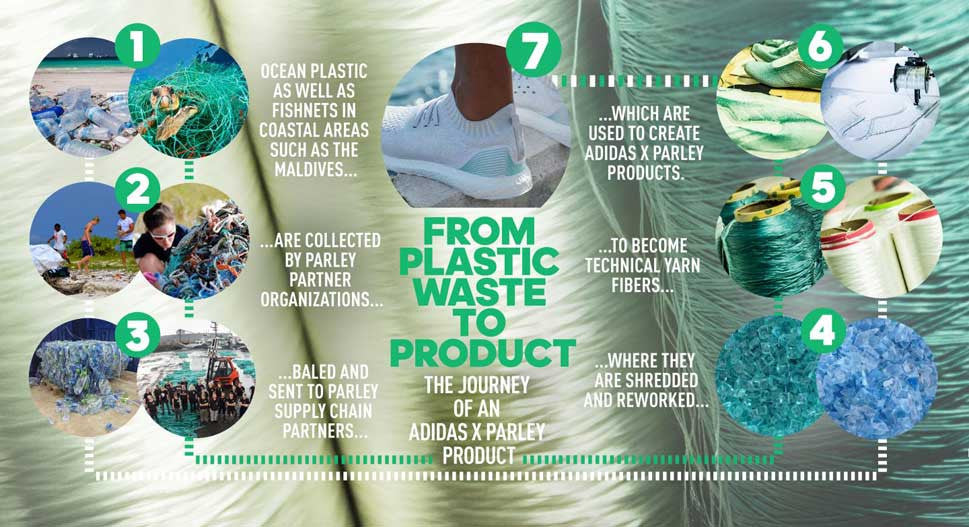
Historically, eco friendly sportswear has often meant some compromise to performance. This is not the case with the Parley UltraBOOSTs, with the recovered plastic creating a highly technical yarn that is then combined with the BOOST’s signature elements. The athlete gets what they want, the eco-conscious consumer gets what they want, all without compromising on anything.
Whilst adidas only produced 7,000 pairs of the shoe, it was quickly followed up in March 2017 with a Parley Ultra Boost X running shoe designed by Stella McCartney, and talking to people within adidas it is clear that this is just the beginning. Eric Liedtke, the adidas Group Executive Board member responsible for Global Brands, said that;
“adidas is committed to scaling those initiatives. We will make one million pairs of shoes using Parley Ocean Plastic in 2017 – and our ultimate ambition is to eliminate virgin plastic from our supply chain.”
So in 2017 alone eleven million bottles cleaned-up by Parley initiatives will be repurposed into market leading Ultra Boost trainers.
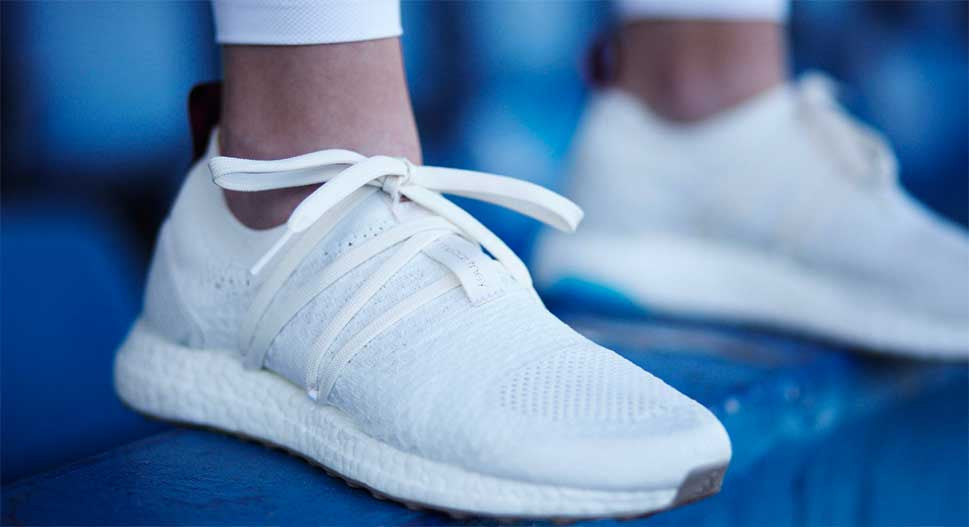
From the CEO down there is real belief in the project, and we will see a growing array of products. Beyond trainers, Parley plastic has also been used in a new adidas SS17 swimwear collection, again focussed on the principle that products have to be innovative, and match or outperform conventional materials for them to offer viable alternatives.
Waste plastic is a growing issue, and it is great to see adidas, with its creativity, brand influence and resources, taking it seriously, raising public awareness of the issue and proposing a variety of solutions through genuine product innovation.
The Sports Edit will start retailing adidas x Parley trainers from Spring/Summer 2018.
TEEKI: DANCING TO A DIFFERENT BEAT
Another company innovating with the use of recycled plastic water bottles is Teeki, which very much defines itself as an eco-conscious activewear line. The team dances to a different beat in all they do, and that includes the production process. Teeki leggings are made from 79% recycled plastic bottles, and use 90% less water in the production process than conventional polyester materials.
Teeki was founded in 2010 by a young woman called Moonshine, a passionate environmentalist seeking to change the way we think about eco-clothing. She felt that it was too hard to find compelling fashion that’s eco friendly. All Teeki leggings are made from a fabric that is derived from plastic bottles, but without any compromise in fit or feel. Indeed, at The Sports Edit we meet dozens of brands every year, and evaluate hundreds fabrics, and the Teeki legging fabric is one of the best fabrics we’ve come across, regardless of eco-credentials. It holds print and colour beautifully, and has a lovely soft handfeel. Our customers love the matt finish and more natural touch that it has compared with polyester.
Turning plastic bottles are turned into yoga pants;

As adidas is proving with trainers, so Teeki has done with leggings; products can be fashion-forward, innovative and eco-friendly all at the same time. Teeki as a brand is passionate about recycled plastic materials, about sustainability, about maintaining productive harmony between humans and nature. But they are also passionate about making cool, fashionable yoga leggings that perform.
ECO-INNOVATION IN PLACE OF DEFENSIVE ENVIRONMENTALISM
As Sarah Kauss put it, consumers are hungry for sustainability. They are becoming ever more likely to spend their money with brands that are minimising their environmental impact. But consumers don’t want to compromise, and brands like S’well, adidas and Teeki are demonstrating that they don’t need to. These companies are replacing defensive environmentalism with eco-innovation and design.
S’well has taken the humble reusable insulated water bottle and transformed it, making it cool, crave-worthy and functionally excellent, and millions of people have started buying them, replacing tens of millions of single use plastic bottles in the process.
adidas and Teeki have both, in their own unique ways, shown that you can take plastic bottles, whether from the ocean or landfills, and use creativity and innovation to turn them into something cool, and with material innovation that ensures the product is as cutting-edge as its polyester counterpart.
Building brands and products around eco-innovation also boosts public awareness of the how serious the plastic problem is, making consumers think more carefully about behaviours and purchases. And with a market-leading brand like adidas embracing eco-innovation and sustainability, it will force changes in its supply chain and inspire other companies to follow suit.
1. World Health Organisation, 2. http://science.scienecemag.org/content/347/6223/768 3. http://www.greenpeace.org.uk/sites/files/gpuk/Bottling-It_FINAL.pdf